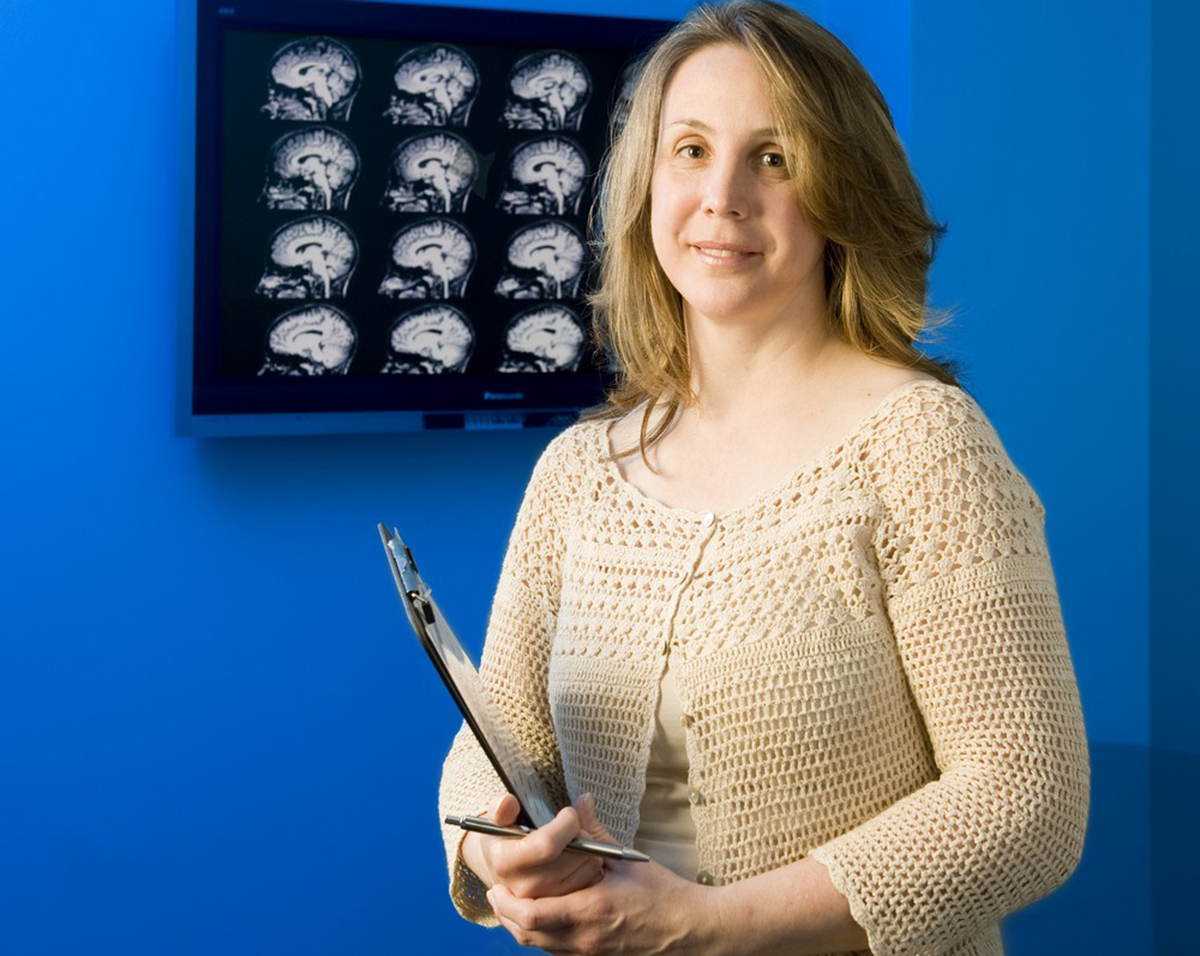Table of Contents
Because there isn't a single diagnostic test, diagnosis may be complex. Children suspected of having Asperger's may benefit from assistance with physical difficulties associated with the condition, as well as help acquiring social skills and navigating society. Adults who think they could be aspies have already been through life without this help, and may wonder whether they need an official diagnosis at all.

Getting A Diagnosis
If you do decide to go for a diagnosis, talking to your family doctor is often an excellent first step and sometimes quite enough. To make the process easier, it is a good idea to take one of the diagnostic lists you can find on the internet, and to write down specific areas with which you personally have difficulty.
The belief that women cannot or do not have Asperger's (now more commonly referred to as Autism Spectrum Disorder, or ASD) is based on a mix of historical diagnostic practices, gender biases, and early research. However, modern understanding has debunked this notion.
Initial autism and Asperger's research was predominantly conducted on boys, which led to early diagnostic criteria being tailored towards male-centric symptoms and behaviors. Coupled with this was a longstanding gender bias that made professionals view conditions like ASD primarily through a male perspective.
Interestingly, there's evidence to suggest that females with ASD may often present symptoms differently than males. Some females may be better at masking or camouflaging their symptoms, blending in by mimicking peer behaviors, thus making their symptoms less overt. Such subtleties have led to underdiagnosis in females, and when they do get diagnosed, it often happens later in life compared to their male counterparts. Furthermore, it's not uncommon for females with ASD to be misdiagnosed with other conditions like anxiety, depression, or borderline personality disorder.
Cultural factors also play a role; in some cultures, behaviors indicative of ASD in females might be overlooked or misinterpreted due to prevailing gender norms. In today's age, while the debate on the exact male-to-female ASD ratio continues, it's universally accepted in the medical community that ASD affects both genders.
As a woman, you may not live up to the "awkward nerd" stereotype. You may have become immensely successful at pretending to be "normal", and though you may know your public front is not the real you, your family doctor could be quick to dismiss your concerns because he's heard you make small talk before.
A neuropsychologist, psychiatrist or psychologist can also make the diagnosis for you. Neuropsychological testing isn't needed for an official diagnosis though some healthcare providers will suggest it.
To Diagnose Or Not To Diagnose
So, do you really want that diagnosis? There are a few compelling reasons to pursue it and either find out that you don't have Asperger's after, all to get a piece of paper confirming what you already suspected.
Getting a diagnosis may be incredibly liberating. It could finally explain why you have felt differently all your life. Instead of being a "weird" person, you could be a normal aspie. A diagnosis means you might be able to accept that "it's definitely not just in your head", and you really do have Asperger's. Some people might need the diagnosis in other to claim benefits, or to qualify for therapy, for instance.
See Also: Research Suggests Autism Is Genetic
Adults who are pretty sure they have Asperger's don't need to feel coerced into getting a formal diagnosis, however. At Life On The Spectrum, they say: "Many aspies are content to self-diagnose. They don’t need the piece of paper to prove their autism; they’re confident in their own knowledge that Asperger’s syndrome is what they have, and adjust their lives accordingly."
- Photo courtesy of Poindexter Propellerhead by Wikimedia Commons : en.wikipedia.org/wiki/File:Riboflavin_penicillinamide.jpg
- Photo courtesy of louiscrusoe by Flickr : www.flickr.com/photos/99619705@N00/7875826844/
- Photo courtesy of Army Medicine by Flickr : www.flickr.com/photos/armymedicine/8717872746/


Your thoughts on this